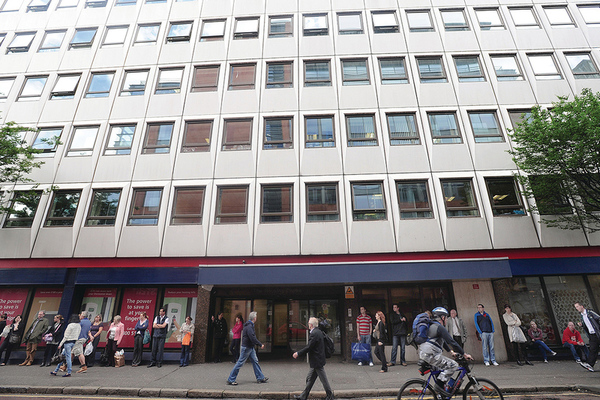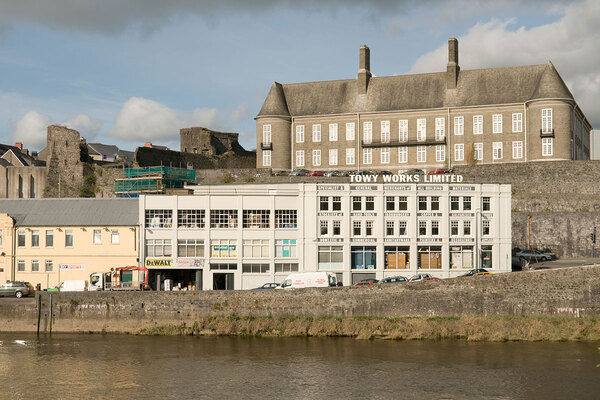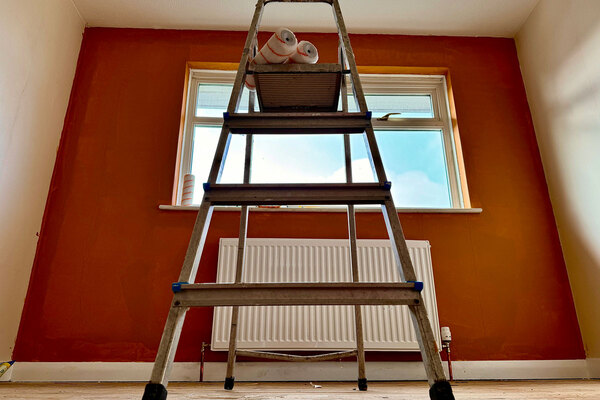You are viewing 1 of your 1 free articles
NIHE plans to start developing again
The Northern Ireland Housing Executive (NIHE) has plans to start building homes again for the first time in 15 years after it was nearly dismantled four years ago.
The body, which is one of the largest social landlords in the UK, is putting together proposals on housebuilding to submit to Northern Ireland’s Department for Communities.
Between 1975 and 1996, the NIHE built more than 80,000 homes, but has not developed at any scale since 2001/02 when housing associations became the main providers of new social housing in the region.
It owned more than 170,000 homes in the early 1990s, but its stock has since been slashed to around 86,500, largely due to sales through the Right to Buy.
In 2013, Nelson McCausland, the Democratic Unionist Party (DUP) social development minister for Northern Ireland, announced the NIHE would be broken up with its stock transferred to housing associations, saying the organisation was “simply not sustainable”.
However, after three years of stilted progress, the DUP’s 2016 Assembly election manifesto pledged the “re-birth” of the NIHE. It said it “should include the transfer of its stock to fully utilise assets to make social housing more self-financing”.
The NIHE was created in 1971 to help tackle sectarianism in the region’s social housing provision.
“As part of the review of our housing stock and subsequent asset management strategy, we are currently exploring the possibility of building new homes in our estates,” a spokesperson for the NIHE said.
“We are at the very early stages of developing a number of proposals and will submit these to the Department for Communities before any schemes can be delivered.”
An estimated £1.5bn is needed by 2019/20 to bring the NIHE’s stock up to standard – well above current investment levels.
Until a functioning Executive is in place at Stormont, it is not yet clear where the extra £1bn of funding for Northern Ireland, agreed by the DUP and the Conservatives, will be spent.
“We are pleased that the Housing Executive is looking at options to help deal with unfitness in their stock. The proposals would also help to increase the amount of much-needed social housing,” said Nicola McCrudden, director of the Chartered Institute of Housing Northern Ireland.
“The role of the public sector is crucial to help address Northern Ireland’s high levels of urgent housing need. The housing industry is at its best when there is the broadest possible range of organisations building new homes.”
Ben Collins, chief executive of the Northern Ireland Federation of Housing Associations, said: “There is a clear rationale for the Housing Executive to develop new homes in its estates to address issues of unfitness.”
He added: “The development landscape is a challenging one, but associations have a strong track record of delivering the required levels of new housing established by the Housing Executive, and this remains a key priority for the sector.”
Update: at 9.49am, 08.08.17 The story was updated to include a graph showing Northern Ireland social housebuilding starts.













